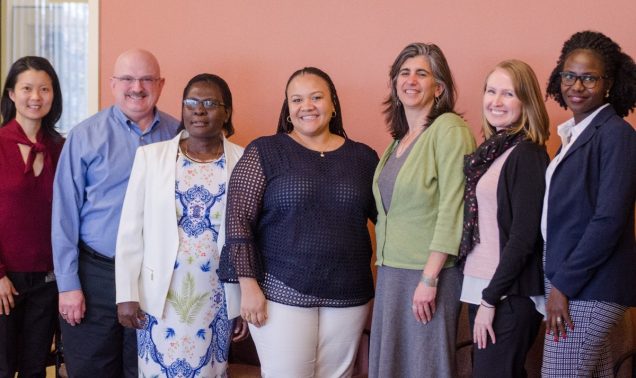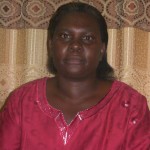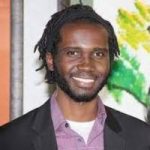Transitioning the TALC Study
In this issue of the URBAN ARCH newsletter, we formally share the transition of Project 2 of the International URBAN ARCH Center from Russia to Uganda. This project, now entitled “Tuberculosis, Alcohol, Lung Comorbidities (TALC),” will study the impact of alcohol on post-TB lung disease among people with HIV (PWH) in Uganda. In this article, we share the ongoing process of this transition, as these are unchartered territories for all of us.

The initiation of this transition began in the summer of 2022, when we received direction from NIAAA to change sites for the remainder of the 5-year grant due to the ongoing invasion of Ukraine by Russia. Prior to this direction, we had been working with our team in St. Petersburg since September 2021 to prepare study protocols, assessments, and data systems for a summer recruitment start. The URBAN ARCH collaborators in the US and St. Petersburg have a long-standing relationship and we are grateful for this productive partnership of over 20 years.

We considered the following factors in the decision of where to transition this research project: HIV/alcohol/TB epidemiology, relationships with local investigators, and site capacity. Ultimately, we decided moving the study to Mbarara, Uganda would be the most feasible option. This was largely motivated by this site’s HIV/alcohol/TB epidemiology and the ongoing relationship that URBAN ARCH has with the Mbarara University Science and Technology (MUST) team, led by Dr. Winnie Muyindike. Not only has this team worked for many years on URBAN ARCH studies with Drs. Judy Hahn and Nneka Emenyonu, but they are also the local site for Project 1 (TRAC) of the International URBAN ARCH Center. This past and ongoing relationship with the MUST team has facilitated the transition of the TALC study.
While the relationship with MUST has made the site change possible, it has not come without its challenges. The initial challenge was the additional costs required to change sites. We applied for multi-year supplemental funding to NIAAA in September to support these additional costs and received notice of funding in early December.
Other challenges faced are common among any team working with a new site. These include understanding the requirements of the local IRB, TB health system in Uganda, workflows, and data system capacities. For the past few months, we have been meeting regularly with Drs. Muyindike and Emenyonu to work through study flow and understanding of processes.
As a result of the additional time to achieve this transition, we have made a few changes to the study protocol, such as shortening the study follow-up period from 30 to 18 months. We have also adapted parts of the assessment to be more harmonized with the TRAC assessment, which will increase the capacity for cross-cohort analyses between projects 1 and 2. As we continue to adapt the study, receive the necessary IRB approvals, and update data systems, we aim to begin recruitment in April 2023. Members of the study team will travel to Uganda in March 2023 to conduct training.
 “The transition path is not without rough points, but it has been made smooth by a visionary team and clear communication. I look forward to working on the TALC project with everyone involved.” – Dr. Winnie Muyindike, Study Investigator
“The transition path is not without rough points, but it has been made smooth by a visionary team and clear communication. I look forward to working on the TALC project with everyone involved.” – Dr. Winnie Muyindike, Study Investigator
 “We want to thank the MUST team, specifically Drs. Muyindike and Emenyonu, for their enthusiasm and great efforts in making this transition possible. Without them, this would have been impossible. We look forward to beginning recruitment and learning more about how alcohol affects post-TB lung disease among people with HIV.” – Dr. Kaku So-Armah, Project Lead
“We want to thank the MUST team, specifically Drs. Muyindike and Emenyonu, for their enthusiasm and great efforts in making this transition possible. Without them, this would have been impossible. We look forward to beginning recruitment and learning more about how alcohol affects post-TB lung disease among people with HIV.” – Dr. Kaku So-Armah, Project Lead